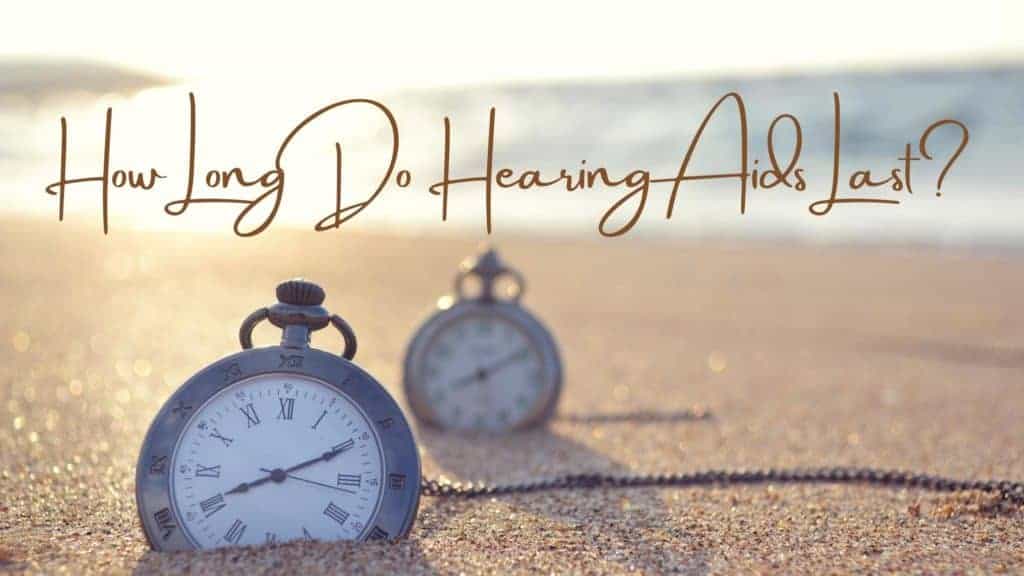
- Common Misconceptions That Delay Hearing Loss Diagnosis - June 6, 2025
- Signs Your Earwax Buildup Needs Professional Attention - May 29, 2025
- Preparing for a Hearing Test and What You Should Bring - May 16, 2025
Hearing aids are an essential investment for people with hearing loss. These savvy devices offer countless benefits that enhance hearing health and daily life. Hearing aids strengthen communication, increase spatial awareness, improve relationships, and enrich social engagement. They also support the brain, reducing health risks associated with untreated hearing loss. These benefits allow people to reconnect with others, themselves, and the world in powerful and present ways.
With any significant purchase, it is important to take the time to make an informed decision. There is a wide range of hearing aid options, technologies, and styles which can be overwhelming to navigate. Your hearing healthcare provider will provide expert knowledge and recommendations that will help you select hearing aids that meet your specific needs. An important factor to consider while choosing hearing aids is the longevity of the device.
Factors that Impact Longevity of Hearing Aids
Hearing aids have an average life expectancy of 3 to 7 years. There are numerous factors that impact the longevity of hearing aids including the following:
- Maintenance: hearing aids are highly durable devices but they are impacted by daily wear and tare. Because hearing aids are worn everyday, in various environments, and for long periods of time; it is incredibly important to take all the steps to properly clean and maintain them. Hearing aids are exposed to moisture, dust, sweat, skin oils etc. which can affect the materials used to make the device. It is necessary to regularly and thoroughly clean hearing aids (daily). Not doing so can significantly shorten their life-span and reduce sound quality. In addition to you cleaning your device, we recommend getting your hearing aids professionally cleaned every few months.
- Environments: the types of environments you regularly wear your hearing aids in can also impact longevity. If you live in a humid climate, are regularly exposed to dust, or wind etc. these factors can really affect your device. It is important to discuss this with your hearing healthcare provider and ways you can mitigate performance issues natural debris can cause. This may include investing in protective accessories or scheduling consistent cleanings.
- How a device is stored: it is important to follow proper storage protocol for your hearing aids which depends on the type of device you have. For hearing aids with disposable batteries, best storage practice is to keep the battery door open which prevents moisture accumulation in that compartment. Using a dehumidifier can also be helpful while storing your hearing aids overnight.
- Type of hearing aid: there are numerous types of hearing aids that range in size as well as how they are worn (in the ear vs. behind the ear). The style of hearing aid also impacts the lifespan with behind the ear types potentially lasting longer. It is suggested that this is because most of the device’s components are in a compartment that is worn behind the ear compared to in the ear where they can be more exposed to moisture accumulation.
- Updated technologies: hearing aid features are constantly updating as technology continues to evolve. This means that there are regular software and program updates that shape performance and hearing aid capabilities. Depending on the type of hearing aid, some features can become outdated or more basic.
To ensure that your hearing aids last as long as possible and work optimally, practice all of the ways to best maintain your device and also get them professionally cleaned!
When to Update Hearing Aids
If you are unsure about when to update your hearing aids, it is useful to consult with your hearing healthcare provider. Three signs indicating that you should update your hearing aids are:
- Changing hearing needs: your hearing needs can change over time. You may find that a device with more capabilities would work better for you or you have experienced lifestyle changes that require different features. It is important to have your needs assessed regularly so that your hearing aids are always meeting those needs.
- Performance issues: if you start experiencing performance issues with your device and notice that it seems to not be working as well, be sure to have your hearing aids checked. You may need to run some simple troubleshooting measures or need to update your device.
- Interested in new technologies: as new technologies emerge and produce innovative features, you may be interested in investing in a new device.
Be sure to discuss your options with us! We can help you make the best investment in your overall health and well-being. Contact us today to schedule an appointment.
